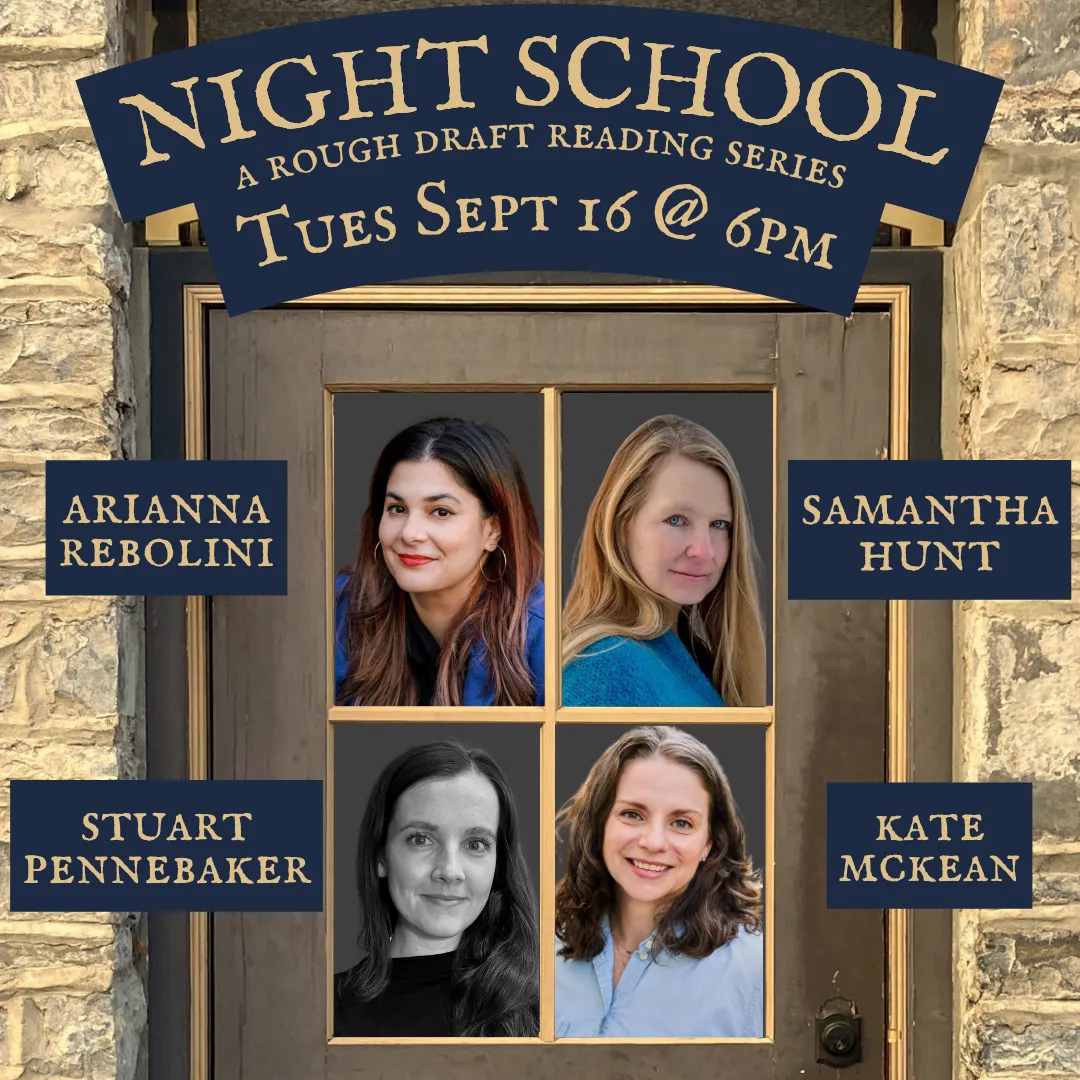Who Can You Trust?

Hey Friends,
First, some housekeeping. Thanks for your patience while the dust settles after our move from Substack to Ghost! If you weren't sure—your subscription from the other place, paid and all, transferred over here automatically. And if you're getting a this site isn't trustworthy type error when you click a link, just clear your browser's cache and restart your browser. I promise, you can trust this site.
Which brings us to today's topic of discussion. I've been poking around writer-centric social media a bit more lately (Substack is good at promoting you to other Substack readers and without that little eco-system, I want to make sure I'm getting the word out about this newsletter), and I've increased my usage of Threads. Wow, that place is wild. It leaves that impression, I think, because the feed will show you any old thing, not just who you follow, so there's less curation of what will cross your eyeballs. I'm looking specifically for writer threads and book discussions, especially questions people have, and boy howdy, there are some pretty basic questions being asked on that there site! That's ok, of course. Everyone starts somewhere and throwing a how do I even find an agent? out to randos on social media is absolutely one way to start.
The problem comes in when people are like I'm seeing on here that people say your query can only be 728 words but mine is 731. Am I going to get automatically rejected by every agent because of this? Of course I'm exaggerating, but only a little. And frankly, it's ok to have really basic questions at any point in the process. But if I can impart any knowledge unto those–or any!–questioning authors (besides constantly responding I wrote a newsletter about this! <link>) it's this:
- Stop panicking.
Having questions is normal. Making mistakes is normal. You probably aren't going to make so big of a mistake that you will end your career as a writer before it starts. As I love to say: there are no emergencies in publishing. That includes queries. - What works for them might not work for you.
Someone's novel might be 50,000 words. Yours might be 150,000. And both, in the right context, are just fine. The first step in trying to decode which applies to you is to look at who's talking. Who is saying 50,000 words is right or wrong? A novelist? A memoirist? An editor at a publishing house? A freelance editor? A seasoned literary agent (bats eyelashes). The second step is to look at your own work. Are you a novelist or a memoirist? Would your work be considered in the same context as that person's work? Remember, what works for them might not work or apply to you. Don't assume you're automatically the exception to all the rules you don't like, but also, not all the publishing advice out there applies specifically to you. - Keep writing.
If you are afraid to add one more word to your query letter or manuscript because you're worried you're doing it "wrong" because of some piece of advice you saw floating out there on the internet, take a deep breath. One more word won't make or break your project. No matter what advice you listen to, you have to finish your query or manuscript before you take the next step, so doing that is more important than taking out all your em dashes or whatever. And when you're done with whatever you're working on, you will have to edit it, so you can go back and "fix" whatever you need to then. Just keep going. You can't edit—or publish!—a book you don't write.
We all want answers, though. We all want to make sure that we're on the right path so that we don't have to double back 100 times and so that we get there sooner rather than later because we're so far behind already and... I get it. I, too, have had all these insecurities and worries and panics. The answer to all your questions is, I'm sorry to say, but ¯\_(ツ)_/¯. Should your query letter be 729 or 841 words long? ¯\_(ツ)_/¯ Is 50,000 words too short for a novel? ¯\_(ツ)_/¯ Will an agent think you used AI if your work includes em dash? Ok, that one's easy and the answer is NO. The answer to all other questions is it depends. And that is OK. That is normal. That is true for everyone.
If there was one perfect length for a query letter, don't you think we'd know it by now? If there was only one right length for a book, wouldn't all books be that length? If one simple trick got everyone an agent, wouldn't everyone have an agent? No one is hiding the secret to getting published fast and well from you. There is no secret. There isn't one simple trick you can do to bypass all the annoying, confusing, time-consuming steps it takes to write and publish a book. It sucks to learn this! But maybe that's the one simple trick that actually works? The less time you spend searching for and worrying about the one simple trick, the more time you can spend on your book, and the faster it might find its way into the world. There, I fixed it for you. The one simple trick of publishing is there's no one simple trick. The one simple trick is to just write.
It is very easy for me to sit here and say don't worry so much!! as a published author and someone who's been a literary agent for 20 years. But maybe, I'm the one you should be listening to? ¯\_(ツ)_/¯
You guys, I have so many events coming up!
TONIGHT, Tuesday, 9/16, I'll be in Kingston, NY at Rough Draft Books and Bar for their Night School reading series with some amazing authors! Come out!

But wait! There's more!

Come out and see me and say hi!
OXOXOXOX,
Kate

Comments ()